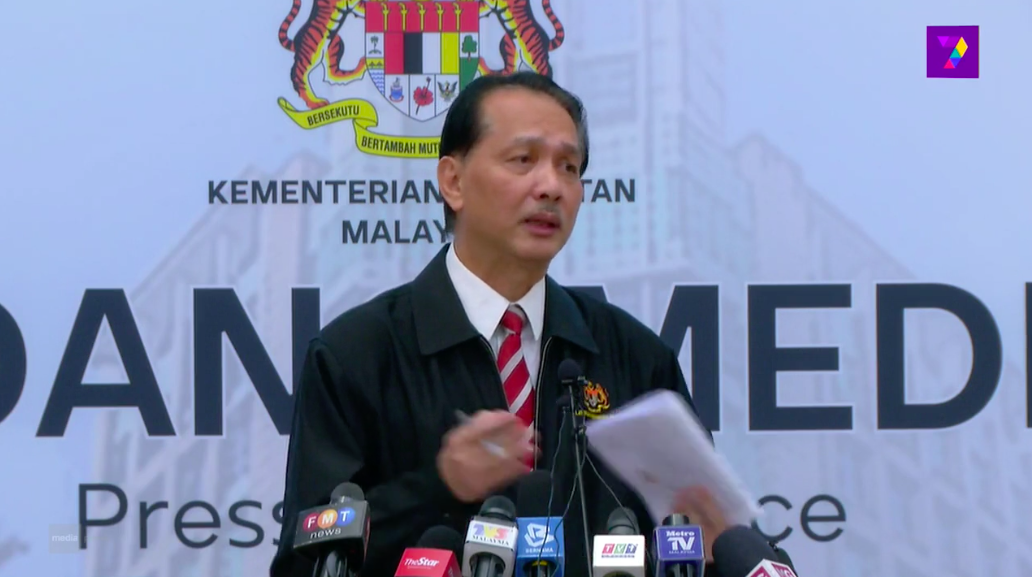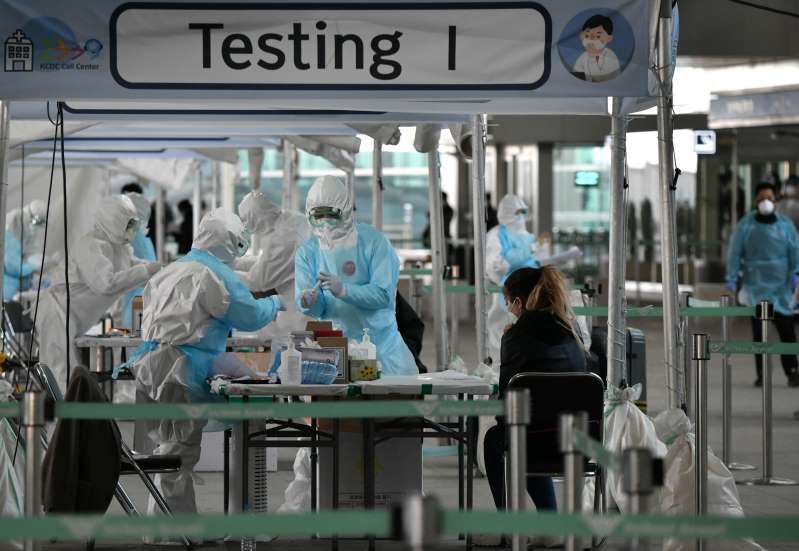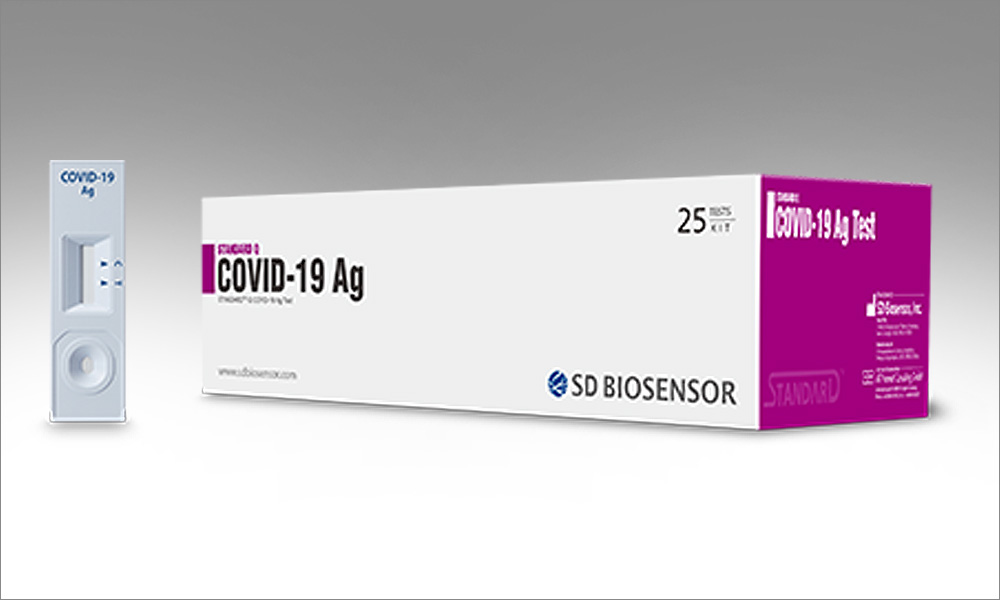MOH Approves South Korea's Antigen Rapid Test Kits. Here's What You Should Know About It
The kit will help the Ministry of Health to ramp up mass testing in the country.
The Ministry of Health (MOH) has approved the use of South Korea's antigen rapid test kits (RTK) and expects to receive them next week
"We have placed orders for these antigen rapid test kits," Health director-general Dr Noor Hisham Abdullah said today, 16 April, during his daily press briefing where he shares latest COVID-19 updates.
"Hopefully, by next week or so, once we get the kits, we can aim to do mass screening."
The kit is manufactured by SD Biosensor
According to Dr Noor Hisham, with testing being done point of care, individuals will no longer need to send the swab test samples to the country's 43 labs to get the results.
"It can actually be done at clinics or hospitals. They just need to be equipped with biosafety cabinets," he said, adding that tests have found the kits to have high sensitivity and specificity.
The good news is that the SD Biosensor has a sensitivity rate of 84.4% and a specificity rate of 100%.
Medical staff take test samples from a foreign passenger at a virus testing booth outside Incheon international airport, west of Seoul.
Image via Jung Yeon-Je/AFPSo far, the ministry has been using polymerase chain reaction (PCR) laboratory tests to confirm the presence of the novel coronavirus
"The existing PCR tests would complement the antigen rapid test kits if there are any doubts over the results. This is what we are trying to embark on," the Health D-G said while taking questions.
According to a report in Malaysiakini, the test would not produce a false positive result, but can sometimes produce a negative result although the person tested actually has COVID-19.
On the other hand, reverse transcription-polymerase chain reaction (RT-PCR) tests, which are regarded as the 'gold standard' for early diagnosis of COVID-19 virus, also has the same issues.
The test kit is fast, portable, and is cheap. It will make a huge difference in reducing the backlog of tests at the 43 laboratories.
A Reuters report said that a rising number of suspected cases in the country and the need for more testing had put a strain on the laboratories that have been set up to process samples.
The ministry stopped published backlog data after over 8,000 results were reported pending.
As of 16 April, over 90,000 people have been tested for COVID-19. Of which, 5,182 were positive.
According to The Star Online, the 43 labs are producing up to 11,500 COVID-19 test results a day. With the new test kits, the ministry will be able to increase its capacity closer to its target of 16,500 daily tests.


